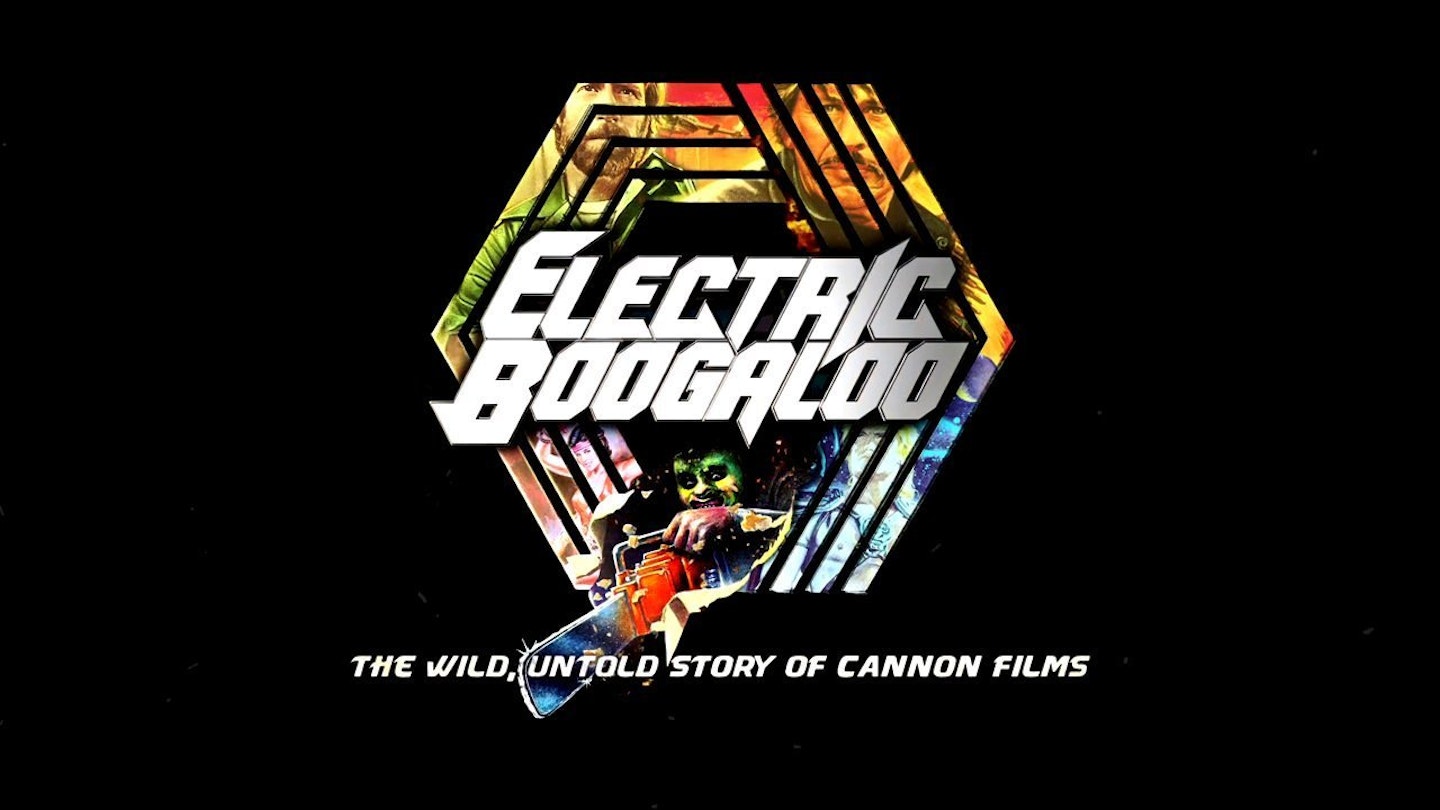Following documentaries on Ozploitation (Not Quite Hollywood) and Filipino action (Machete Maidens Unleashed!), Mark Hartley narrows focus for Electric Boogaloo, which follows the career of larger-than-life Israeli filmmaker Menahem Golan (and his quieter cousin Yoram Globus). After dominating their domestic industry, Golan and Globus bought into the international market by acquiring exploitation outfit Cannon Films, which became home to break-out hits starring Chuck Norris and trend-riding efforts like the hip-hop musical Breakdance. Their bid for respect extended to Hollywoodish things like Superman IV and Runaway Train, but also to giving carte blanche to the likes of Jean-Luc Godard (King Lear) and John Cassavetes (Love Streams).
When they got wind of this project, Golan and Globus made their own documentary, The Go-Go Boys, finished three months earlier (just as Cannon strove to get Breakdance out before rival Beat Street). As a consequence, Golan is only heard in contemporary clips and seen in photos, while a range of filmmakers who worked with him offer memories that range from fond to fuming. One screenwriter admits, “He ruined my film but I still liked him.”
The film acknowledges but doesn’t dwell on darker elements. Financial finagling finally brought down the empire, and a lot of people got hurt when Cannon got involved with shadowy types. That’s not accounting for cinematic misdeeds and missteps. For his remake of King Solomon’s Mines, Golan asked for “that Stone woman” (Romancing The Stone’s Kathleen Turner) and accidentally signed Sharon Stone — then still failed to capitalise on lucking into a rising rather than fading star. After the cousins broke up, they produced competing lambada movies, which opened and flopped on the same day.
It’s an entertaining doc, with tons of talking heads (Hartley has a knack for securing interesting people who haven’t been interviewed to death) and great anecdotes, plus nostalgia-provoking glimpses of the hollow razzmatazz the Cannoneers specialised in at junkets and festivals.
